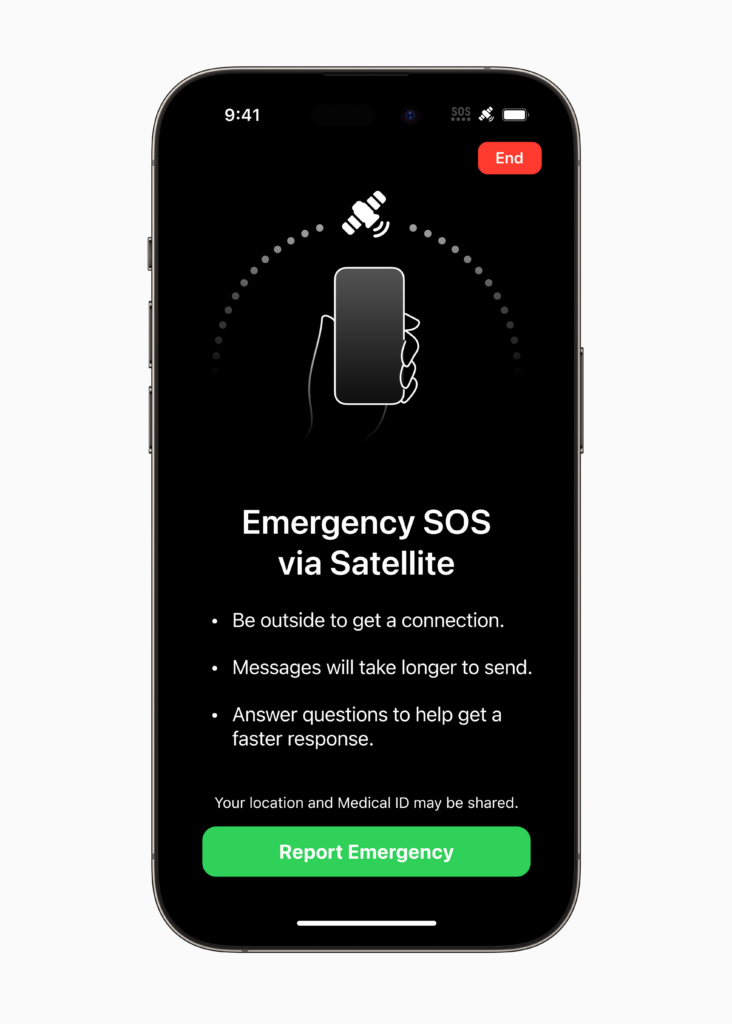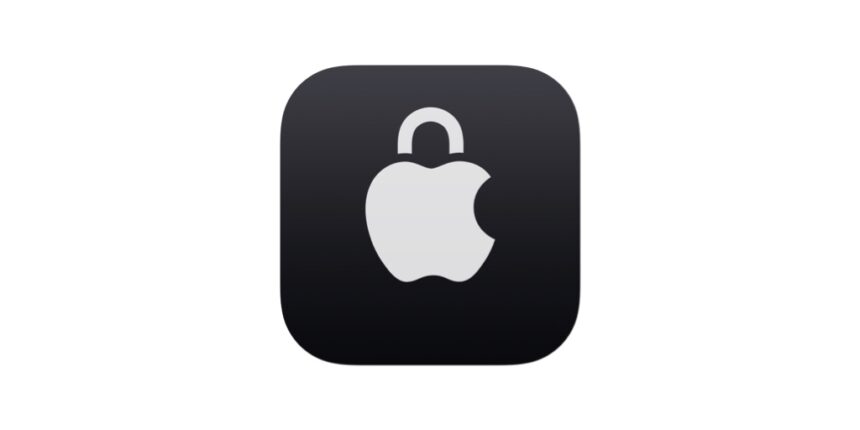Apple is patching a zero-day vulnerability that law enforcement may have exploited to unlock seized iPhones. At the same time, Apple is strengthening its satellite communication network with its long-time partner Globalstar, which has announced a $1.1 billion contract with MDA Space to launch over 50 new low-Earth orbit satellites.
The iOS 18.3.1 update fixes a flaw that could bypass USB Restricted Mode, a security measure designed to block unauthorized access when an iPhone is locked. This update comes as Apple invests in satellite-powered emergency messaging, a feature expected to expand widely in the coming years.
What’s Happening & Why This Matters
iOS Exploit: A Major Security Concern
Apple has identified CVE-2025-24200, a vulnerability that allowed physical attacks on iPhones to disable USB Restricted Mode. Forensic tools from Cellebrite, an Israeli company that develops software for law enforcement agencies worldwide, appear to have leveraged this flaw.
- Authorities have used Cellebrite’s hacking tools to extract sensitive data from locked devices, raising concerns over potential misuse.
- Security researcher Bill Marczak from Citizen Lab uncovered the flaw but has not disclosed the full details to prevent further exploitation.
- Apple’s fix applies to iPhone XS and later models, along with iPadOS 18.3.1 and iPadOS 17.7.5, ensuring security enhancements across a wide range of devices.
- Users are strongly advised to update immediately by navigating to Settings > General > Software Update, or enabling automatic updates for seamless protection.
Apple’s Satellite Partner Invests $1.1 Billion in Expansion

As competition in satellite-to-phone services heats up, Apple’s long-time partner Globalstar is investing heavily in expanding its network. The $1.1 billion deal with MDA Space will significantly enhance Apple’s satellite communication capabilities, particularly for emergency messaging and future voice/data services.
- Apple previously invested $1.1 billion in Globalstar, cementing its role in iPhone satellite connectivity.
- MDA Space’s Aurora satellite technology will provide enhanced emergency messaging while working toward expanding global coverage.
- Globalstar operates 58 satellites, but more than 50 new satellites will be launched to improve signal reliability and reduce service interruptions.
- Competitors like T-Mobile and SpaceX’s Starlink are also advancing their satellite-to-phone services, increasing market competition and innovation.
TF Summary: What’s Next
Apple’s latest iOS patch fortifies iPhone security, preventing potential law enforcement exploitation of seized devices. Meanwhile, Globalstar’s satellite expansion suggests that future iPhones will see enhanced satellite features, offering better connectivity in remote and disaster-prone regions. As competition intensifies, Apple is expected to continue refining its security measures while expanding its satellite-powered communication services.
— Text-to-Speech (TTS) provided by gspeech


